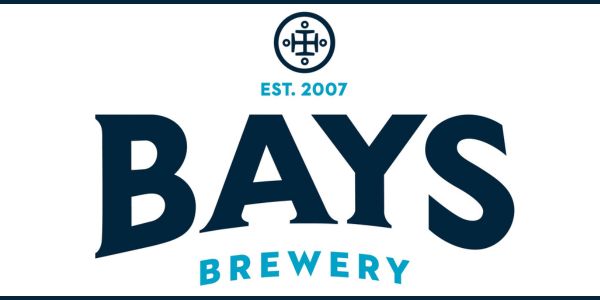Lee Jefcott, employment lawyer and head of the hospitality and leisure sector at Brabners, on the Allocation of Tips Act and what employers need to know

The Allocation of Tips Act 2023 is to come into force in July. The Act places a duty on employers to ensure a fair and transparent allocation of tips and service charges to workers. It has been a long time coming and is sure to have a major impact on pub, taproom, restaurant, and bar operators, and the way in which they calculate and distribute tips to their staff.
Many employers do ensure that 100% of tips and service charges are paid to staff. However, the process has been far from transparent and some high-profile operators have suffered adverse publicity when it has emerged that deductions have been made for bank charges, administrative costs, and even to make up salaries. At present there is nothing in law to prevent employers from making such deductions, albeit employers cannot use tips to make up the national minimum wage.
The government has estimated that the Act will positively affect at least 2 million workers, as well as see an estimated £200m being returned to the pockets of working staff. However, the timing of the legislation could not be worse for an industry facing unprecedented cost pressure from rocketing raw material prices (including malt and hops), energy bills, and the ending of relief on business rates.
What will the Act require?
The Act will introduce the following obligations for employers:
- They will have to pay 100% of the tips and service charges they receive to their workers by the end of the next month (following payment by the customer).
- Tips cannot be subject to deductions, other than for tax and National Insurance liabilities (as appropriate).
- Employers must allocate the payments in a fair and transparent manner, and implement a written policy that explains their tipping practices. A draft Code of Practice has been published which sets out ways in which employers could choose to allocate tips. We already know that the Act refers to tips and services being allocated to workers at the place of business where the worker carries out their duties, so a centralised allocation of tips to various restaurants in a group will not be compliant.
- Records are to be retained to demonstrate compliance for three years from the date tips are received.
- Workers will have the right to request information relating to their employer’s tipping records.
- Failure to comply with the Act will enable workers to bring claims in the Employment Tribunal.
Use of agency workers
Many hospitality businesses use agency workers to supply staff to cover peaks in demand, specific events, or front-of-house roles. The Act says that agency workers will also have the right to a fair allocation of tips, although how this is achieved is (at present) unclear. The Act envisages that the ‘end user’ hospitality business would pay the allocated tips over to the agency, which would then pay them to the worker via their payroll.
The inclusion of agency workers in the right to receive a fair allocation of tips has been welcomed. Historically, many such workers have not received tips despite contributing to service. However, this will certainly increase costs and may drive down the rate that businesses are prepared to pay for agency staff.
Use of troncs
Some employers use a third party ‘tronc’ provider to distribute tips. Tips distributed this way benefit from not being subject to National Insurance contributions.
The Act states that the allocation of tips by the tronc to workers will be deemed to be fair “provided it is fair for the employer to make those tronc arrangements”. This suggests that there is still a residuary duty on the employer to somehow supervise the arrangement or intervene if it becomes aware of any unfair practices — and calls into question how far the employer is entitled to interfere with these independent third party arrangements.
Impact on employers in the hospitality and leisure sectors
Although the Act is not expected to take effect until July, employers should start to familiarise themselves with the new requirements, review their current practices, and decide what will need to change. Employers should consider if (and to what extent) they will be affected by the Act, and start to think about the financial impact on their budgets.
Employers will need to adapt their business models and pay structures to comply with the new regulations. They should also consider what technology solutions are available and how existing payroll systems can be modified.
Although the changes are likely to increase costs at an already difficult time, employers may be able to embrace the legislation as a way of promoting fairness, maximising pay and benefits, creating a positive working environment, and promoting themselves as a good employer.
• Lee Jefcott is an employment lawyer and head of the hospitality and leisure sector at Brabners, a full-service law firm with an extensive track record in acting for multi-site operators in the hospitality and leisure sector.










